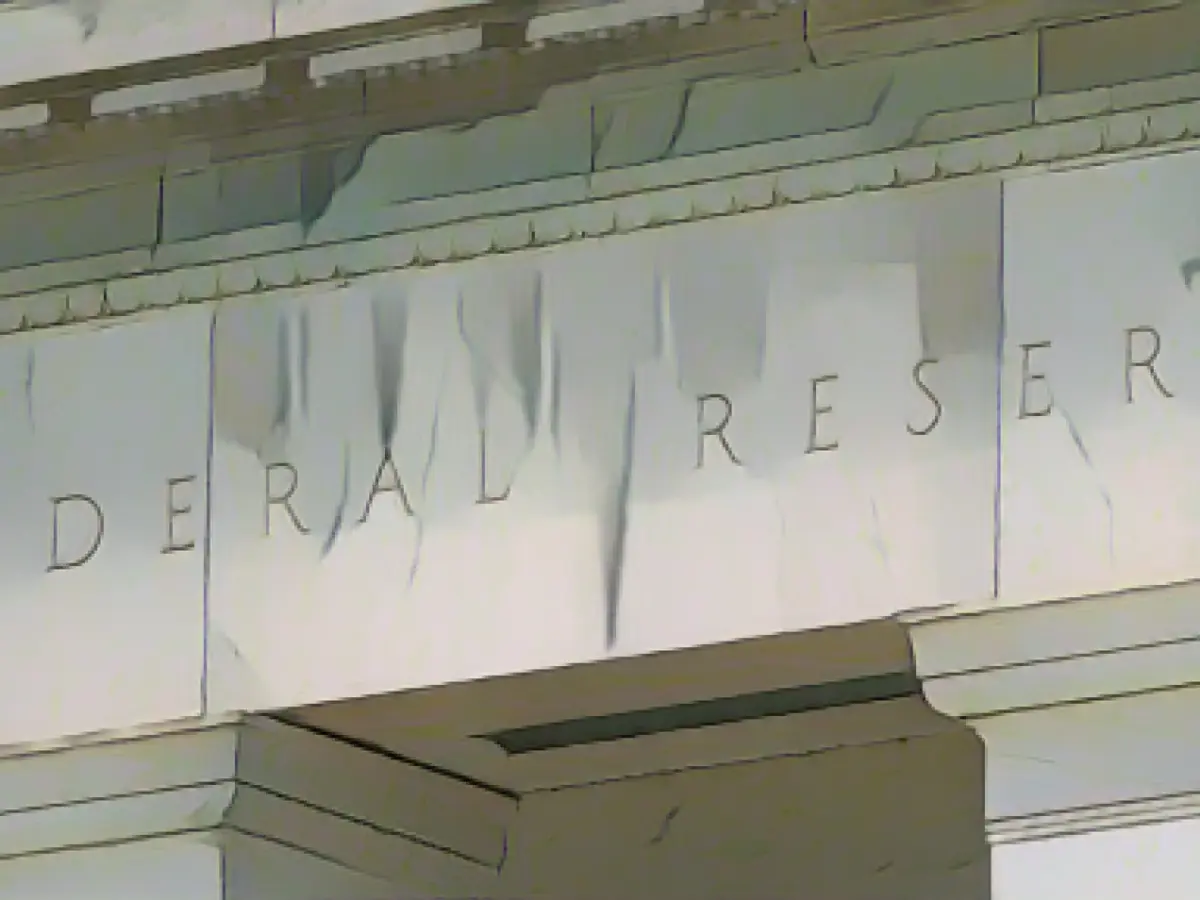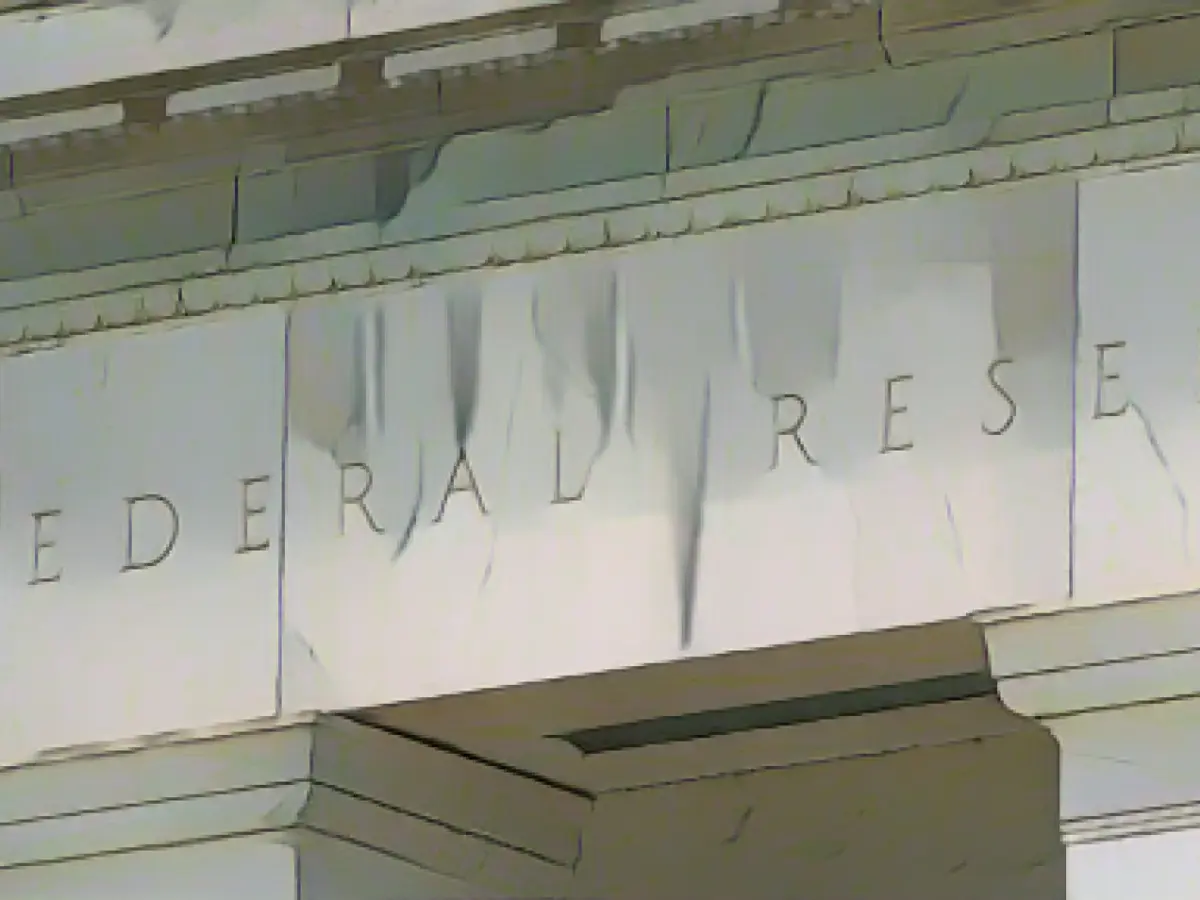The Turkish central bank surprised economists by implementing a larger-than-anticipated interest rate hike, boosting the key rate to 40%. This move, announced during a monetary policy meeting in Ankara, was a 5% jump, surpassing the predicted average increase of 2.5%.
This was the sixth consecutive interest rate boost, with the previous rises amounting to 5% each. However, the elevated interest rate is still catching up to the galloping inflation rate. In October, inflation clung stubbornly close to a hefty 61%.
In their statement, the central bank hinted at a potential slowdown in interest rate increases, yet insisted on maintaining tight monetary control until price stability is restored. Optimistic developments, such as improved pricing behavior of companies and the stabilization of the Turkish lira, have had positive impacts on monetary policy effectiveness.
The lira's dramatic slide earlier this year had contributed to the surge in inflation. In June 2023, the central bank, under the helm of Hafize Gaye Erkan, shifted its monetary policy course significantly, reducing the key interest rate from 8.5%. Since then, there's been a series of substantial interest rate increases.
The unexpected surge in interest rates by the Turkish central bank continues its push against inflation, even though the rate remains below the current inflation rate.
In its pursuit to keep inflation in check, the central bank is grapple with various challenges:
- Unconventional Monetary Policy: President Erdogan's unconventional economic policies have led to a series of rate cuts despite ongoing high inflation, threatening to fuel the inflationary cycle.
- Depreciation of the Turkish Lira: The Lira's sharp devaluation has increased the cost of imports, contributing to higher inflation.
- Political Instability and Government Intervention: Excessive government intervention and political instability have made the economic environment unfavorable, affecting the Central Bank's credibility and the disinflation process.
- Economic Missteps: The government's insistence on reducing interest rates despite escalating inflation has hampered the Central Bank's efforts to combat inflation.
- Structural Issues in Agriculture: Turkey's agricultural sector faces numerous challenges, making it difficult to minimize the effects of high inflation through local production.
- Inflation Expectations: Inflation expectations and pricing behavior remain a hurdle in the journey towards price stability.
- External Factors: The global economic environment, with stable interest rates in Western countries, and the weak global purchasing power of the Turkish lira add to the country's economic troubles.
These factors contribute to Turkey’s persistent high inflation, despite the Central Bank’s multiple interest rate hikes.








